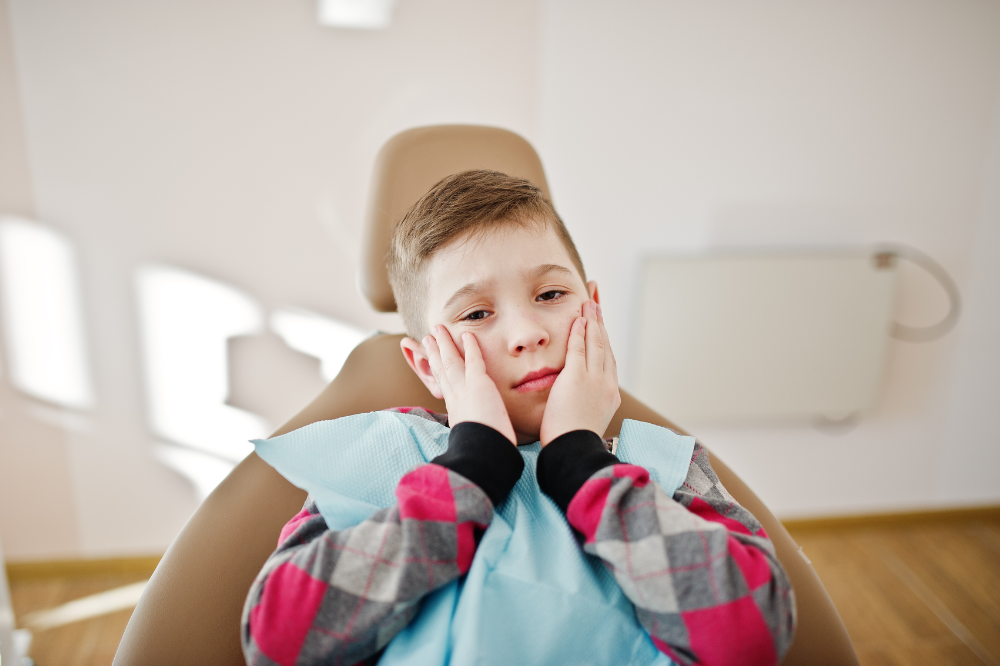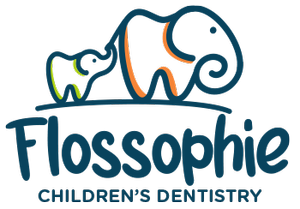
Dental anxiety is a common issue among children that can cause stress for both parents and kids alike. However, by employing some effective strategies, parents can help their children manage and overcome their fears associated with dental visits.
Here are some useful techniques to make dental appointments a smoother and less anxiety-inducing experience for your child:
1. Open Communication
Start by having an open conversation with your child about their fears and concerns regarding dental visits. Please encourage them to express their feelings and assure them that it’s normal to feel anxious. By understanding their specific worries, you can better address and alleviate them.
2. Familiarization
Familiarize your child with the dental environment by visiting the office beforehand. It helps them get accustomed to the sights, sounds, and friendly faces they’ll encounter during their appointment. A pediatric dentist in Duluth is accommodating and open to letting children explore the office to ease their apprehensions.
3. Positive Reinforcement
Offer encouragement and praise for your child’s bravery before, during, and after the dental visit. Positive reinforcement can boost their confidence and make future visits more manageable.
4. Distraction Techniques
During the appointment at a sedation pediatric dentistry near you, engage your child in activities or distractions they enjoy, such as listening to music, watching videos, or playing with a small toy. This diversion can help shift their focus away from anxiety-inducing thoughts.
5. Breathing and Relaxation Techniques
Teach your child simple breathing exercises or relaxation techniques to help them calm down during moments of anxiety. Deep breathing can be particularly effective in reducing stress and promoting relaxation.
6. Choose a Pediatric Dentist
Consider visiting a pediatric dentist near you who specializes in treating children. These professionals are trained to handle anxious young patients and often create a child-friendly environment that helps alleviate fears.
7. Role Play at Home
Use role-playing games at home to simulate a dental visit. Let your child take turns being the dentist and the patient, which can make the real experience seem less intimidating.
8. Use Positive Language
Avoid using negative or frightening language when discussing dental visits. Instead, use positive and reassuring words to describe the process, focusing on the benefits of maintaining good oral health.
9. Gradual Exposure
If your child’s anxiety is severe, consider gradually exposing them to dental visits. Start with brief visits where they only meet the preventive dentist near you and slowly progress to more comprehensive appointments as they become more comfortable.
10. Professional Support
In extreme cases where anxiety persists and significantly impacts your child’s dental health, seeking professional support from a therapist or counsellor specializing in pediatric anxiety might be beneficial.
Summarizing Notes
Remember that every child is different; therefore, what benefits one child might not be effective for another. Patience and understanding play a crucial role in helping your child overcome dental anxiety.
By employing these strategies and tailoring them to your child’s needs, you can assist them in managing their fears and ensuring better oral health.
Flossophie Children’s Dentistry Helps Manage Your Child’s Dental Anxiety
Flossophie Children’s Dentistry excels at alleviating dental anxiety. Their warm, child-centered approach creates a comforting atmosphere, easing kids into dental care.
Utilizing play-based techniques and gentle explanations, Flossophie fosters trust and reduces fear. Dedicated professionals prioritize communication, ensuring kids feel heard and understood. Distraction tools like toys or interactive screens engage children during procedures, making visits enjoyable.
Flossophie’s staff empowers parents with strategies for home, enhancing overall oral health. With a focus on positive reinforcement and gradual exposure, Our preventative dentistry in Duluth goes beyond dental care, nurturing a positive relationship between children and oral hygiene.
